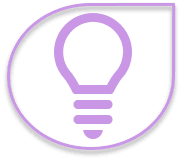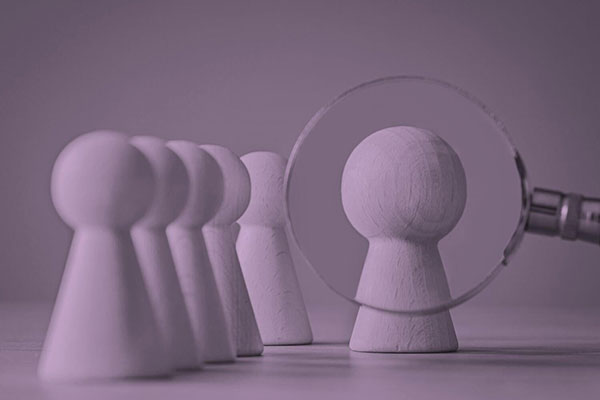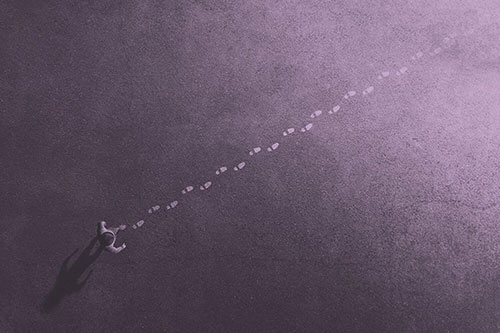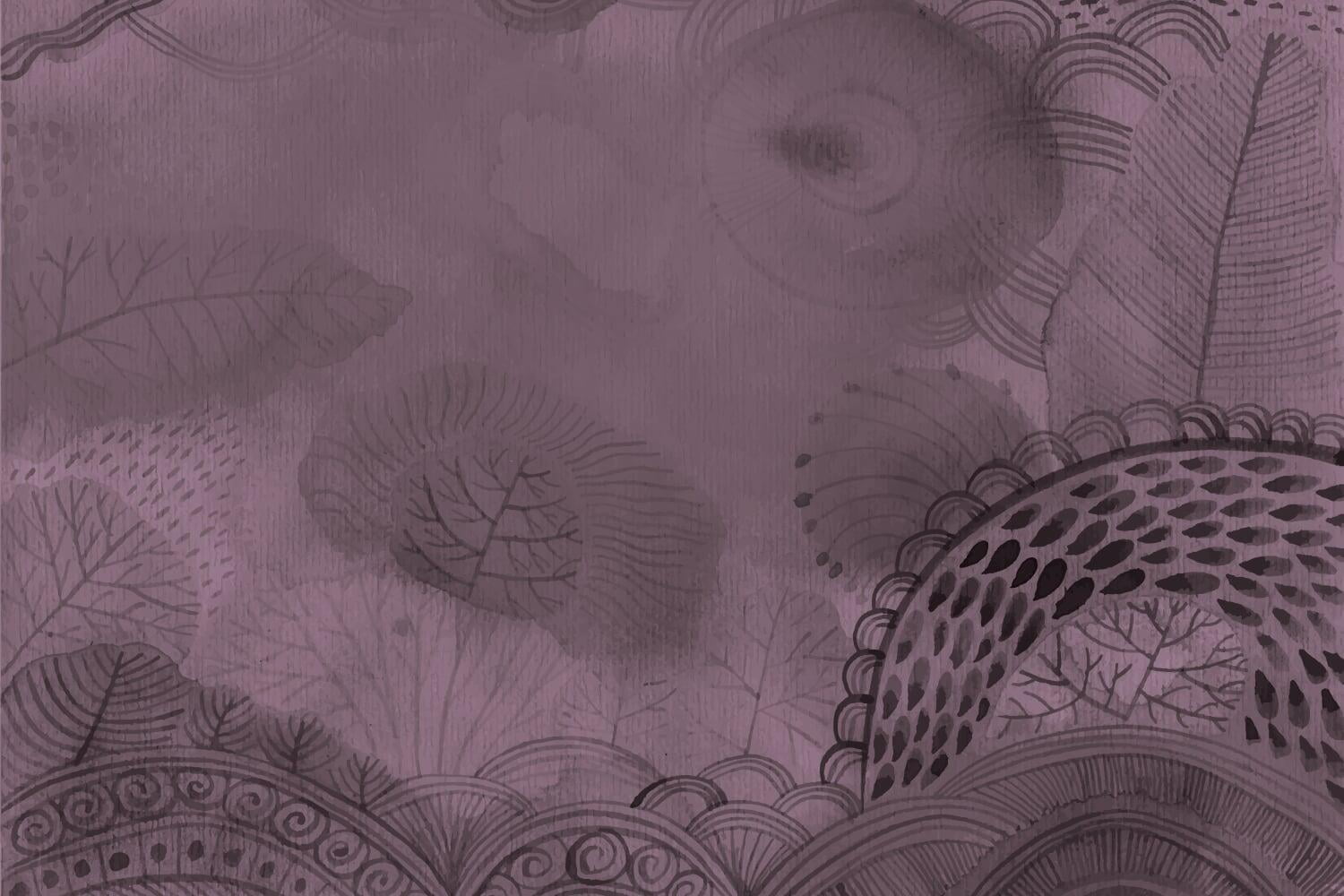
The Pathway to Excellence | Learn
Reflective Habits
We need to adopt a set of reflective habits – how we routinely and constructively question what we are doing and we you are becoming.

We want people to live lives where they are confident in who they are and what they do. This is fundamental to The Pathway to Excellence. Yet, none of us can ever be entirely correct in everything we think and do. Nor should we allow ourselves to confuse confidence with certainty. We all make mistakes and act under the influence of either inadequately framed or inappropriate ideas. If we don’t both accept this as a general premise and also apply it to specific circumstances, we run the risk that our apprehension of certainty will be unfounded and wreak havoc on our lives and the lives of those around us.
Truly confident people know that they can separate their identity from their ideas and their ideas from their identity. They can admit to mistakes exactly because they know that making an error is normal and does not of itself compromise the values on which their judgment about what is good and right is based. They also know that taking a step back to ask good questions about the evidence on which their ideas are based and to apply rational principles thoughtfully and consistently in developing answers to them allows them to demonstrate their authentic quality as a person.
We live in a world where much of the social media and social discourse that surround it are derived from a culture of instant judgment, of blind hero worship and the condemnation and the cancelation that flows from incoherent and powerful outrage. None of this is how a life might be lived well because it applies a continuum of extremes and unreal solutions that cannot do much more than perpetuate fantasy and the harm that comes from spending too long applying its unreal rules to our very real existence.
"The personal life deeply lived always expands into truths beyond itself."
Anais Nin
We need a better mechanism where we take a step back from our daily lives and ask ourselves those questions which might help us to think through the alignment of our values, our intentions, our actions, and our impact. We need a process that helps us to build such habits into the architecture of our lives so that it becomes ritual, a thing we do that is so deeply ingrained that we cannot help but reflect on the journey which we are on, the discoveries we make, the encounters we experience, and how we grow and learn from the process. It also allows us to acknowledge and even celebrate when we have done the right thing, as well as put in place the contrition and restitution that ought to follow when we have done the wrong thing. It also permits us to recognise that sometimes on the journey we can pause and sometimes we can pick up the pace; there is an ebb and flow to all of what we do, no matter how tempted we are that everything should be “smooth” or “easy”. We need to know when to step into challenge, just as much as we need to understand when it is better to be cautious or kind to ourselves in what we are attempting. We need to know when to change direction and when to keep going.
So, we need to build patterns into our lives – perhaps daily, and certainly weekly and monthly – that compel us to take stock. These moments may feel awkward and unfamiliar at first because that’s exactly what they will be: an uncomfortable intrusion into the rhythm of what it is that we do that requires us to ask questions, to reflect on answers and (most importantly) to commit our answers to some form of writing, so that they become real and we cannot allow the passage of time to soften or diminish the observations we draw and the commitments that we make. Journaling in this way assists us to establish the habit of reflection, be it in a notebook with a pen, or through a program or an application with a keyboard. We can also use conversation and the input of those whom we trust to give an honest opinion to assist us, although we must be careful to place too much weight on the comments that some friends make when they want to make us feel better more often than they do to give us the honest response that will help us to learn and grow.
So, what are the big questions we can ask?
Do I belong? Am I fulfilling my potential? Am I doing what is good and right in my life? These three questions can help us to reflect on our civic , performance and moral character.
Who am I? Where do I fit in? How can I best serve others? Whose am I? These questions can help us assess our progress and the stage of our development on The Pathway To Excellence.
On a daily basis, perhaps we need something more straight forward. Try this sequence as an exercise on reviewing and reflecting: What was I trying to do? Why was I trying to do that? What did I do? What impact did my actions have? What is the difference between my intentions and my actions in terms of impact? What might I have done differently? What will I do next when this situation arises again? So, what have I learned? What is my way forward?
You may find the right answers or you may not – the process of asking the questions though was a helpful thing to do regardless, as it encouraged you to be more reflective about who you are, what you are doing, who you are becoming before deciding to do what might come next.
We can contemplate our mastery of Reflective Habits by considering the following questions:
- Am I good at stepping away and assessing a situation, before making a decision about how to handle something?
- Am I able to put things in perspective and to show gratitude for what I have and who I am, rather than getting worked up needlessly?
- Am I able to take criticism and feedback in my stride and use it to help me build on my progress?
- Do I bring a growth mindset to my thinking about my abilities and performance?
- Am I good at setting realistic personal goals for myself, figuring out the best ways to proceed, and evaluating how well I am doing in meeting those goals?







